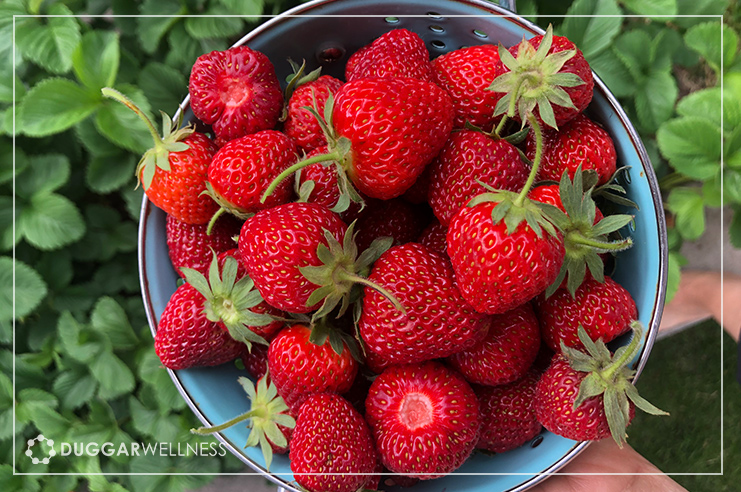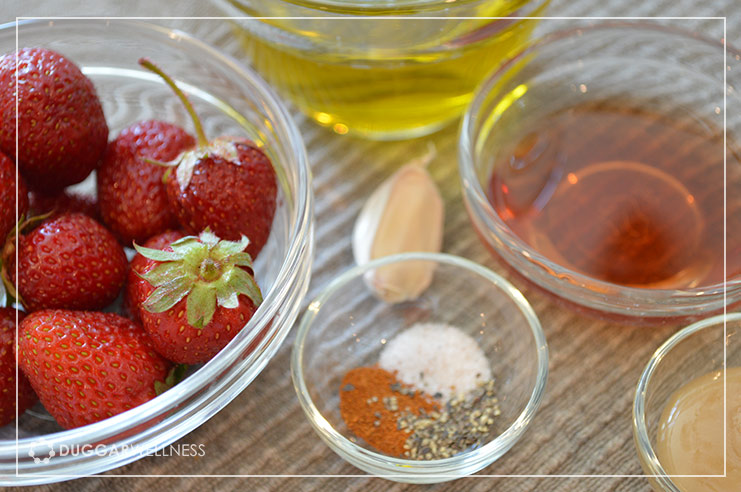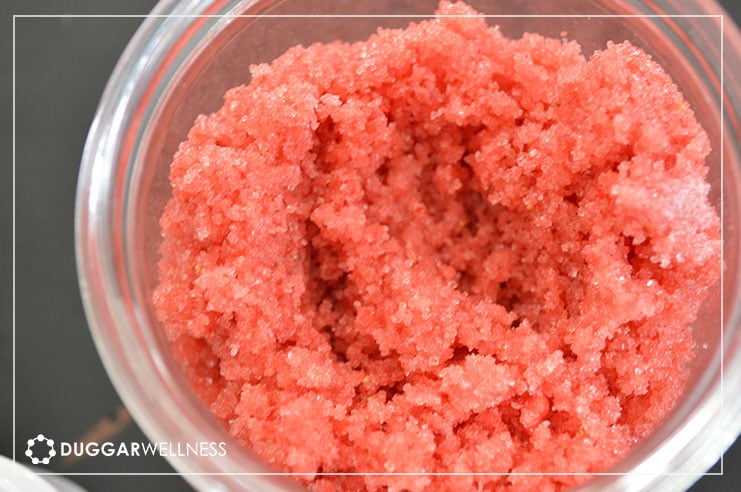Spring brings us a bounty of delicious veggies and fruit including juicy strawberries. Right now my strawberry plants are loaded with delicate white blossoms and the hope of plump red and juicy berries in the next couple of months.
Fortunately, while I wait for my berries to grow, this seasonal treat is also available in the produce aisles.
Strawberries are considered one of the healthiest fruit.
Six Reasons to Eat Strawberries
Rich in Antioxidants
Strawberries contain rich amounts of both vitamin A and vitamin C. Both of these are powerful antioxidants. An antioxidant helps counteract the damaging effects of free radicals in the body. Free radicals cause stress in the body that are responsible for the aging process and inflammation.
Protects against Cancer
The antioxidants in strawberries also protect against cancer. Studies show that anthocyanin, a specific antioxidant found in strawberries, significantly inhibits the growth of liver cancer cells. Berry consumption has also been shown to reduce the risk of breast, colon, prostate and skin cancer.
Defends against Heart Disease:
Flavonoids that are responsible for the vibrant color and delicious flavor of strawberries lower the risk of heart disease. The antioxidants in strawberries help lower the risk of cardiovascular disease by limiting plaque build-up in the arteries, creating improved circulation and blood pressure.
Protects Skin from Damage:
Strawberries contain rich amounts of vitamin C and vitamin A both of which have skin improving benefits. These vitamins increase skin hydration, natural skin oil production, boost collagen production to lower the appearance of wrinkles and improve elasticity. Vitamin C also has the ability to protect the skin from ultraviolet rays.
Boosts Brain Function:
Studies indicate that a diet rich in berries has the potential to protect the brain from cognitive decline associated with aging. Berries can reduce inflammation associated with memory loss from diseases like Alzheimer’s and dementia. Just 1 cup of strawberries provides nearly 30% of your daily manganese intake. Manganese is essential for the proper nervous system and brain function and has been shown to protect against neurological disorders like Parkinson’s disease and epilepsy.
Helps with Detoxification:
The antioxidants vitamin A and vitamin C are necessary for the processes of removing toxins from the body. One cup of fresh strawberries also provides a good source of dietary fiber to help the body eliminate toxins.
Buying and Storing Strawberries:
Buy ORGANIC STRAWBERRIES.
Nearly 60 different pesticides have been found on strawberries. Strawberries are always one of the top EWG’s Dirty Dozen Foods. The abundant fungus on strawberries prompts farmers to spray, and pesticide residue remains on berries sold even at farmers markets. Strawberries are the most chemically treated crop in California.
For full nutrition and flavor buy fresh strawberries.
They need to be firm, plump, have a deep red color with a glossy sheen, and have green caps.
Strawberries, once picked, do not ripen further.
Strawberries that are dull and have a dark color will be overripe and if they have white, green or yellow patches they will be under-ripe and sour.
How to Store Strawberries
Consume strawberries as soon as you harvest or purchase them.
Store strawberries unwashed in the coldest part of your refrigerator for only about two days.
Only wash strawberries when ready to consume. To wash strawberries, place them in a colander and rinse them under running cold water. Do not soak them for they will lose their color and flavor. Do not remove their caps until after you have washed the berries
You can also freeze them for longer storage and to utilize a generous harvest.
 140 N Main, Bountiful, UT 84010
140 N Main, Bountiful, UT 84010  801-677-7878
801-677-7878






